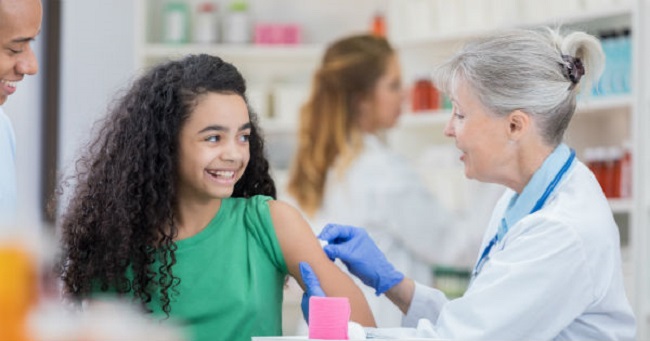 As National Cancer Prevention Month draws to a close, it is good to continue thinking about ways that you can reduce your and your loved ones’ risk of developing cancer.
As National Cancer Prevention Month draws to a close, it is good to continue thinking about ways that you can reduce your and your loved ones’ risk of developing cancer.
One of the easiest steps you can take is to get vaccinated against the human papillomavirus — HPV for short — which is very common, with about 85% of people becoming infected in their lifetimes.
Some strains of HPV are relatively harmless, such as those that cause common warts, but other strains spread through sexual contact and can cause several types of reproductive cancers, especially cervical cancer.
The HPV vaccine protects us against those most dangerous strains of the virus so that we are less likely to become infected or to spread it to others.
The vaccination is recommended for all 11- to 12-year-olds in order to protect them before they are ever exposed to HPV. Both girls and boys should be vaccinated.
Those who did not receive the vaccine at that age are still eligible through the age of 26. If you’re still not vaccinated once you turn 27, discuss with your doctor if the HPV vaccine is right for you.
Vaccination is just one step in protecting yourself from HPV and the health problems it can cause. Women should also be screened for cervical cancer starting at the age of 21.
If you’re sexually active, using condoms will also lower the chance of spreading HPV. Free condoms are available at the front desk of the Dallas County Health Department, 25747
N Ave in Adel.
Talk to your or your child’s doctor if you have any questions about HPV or the HPV vaccine.
Natalie Peters is the community health educator in the Dallas County Public Health Department.
















